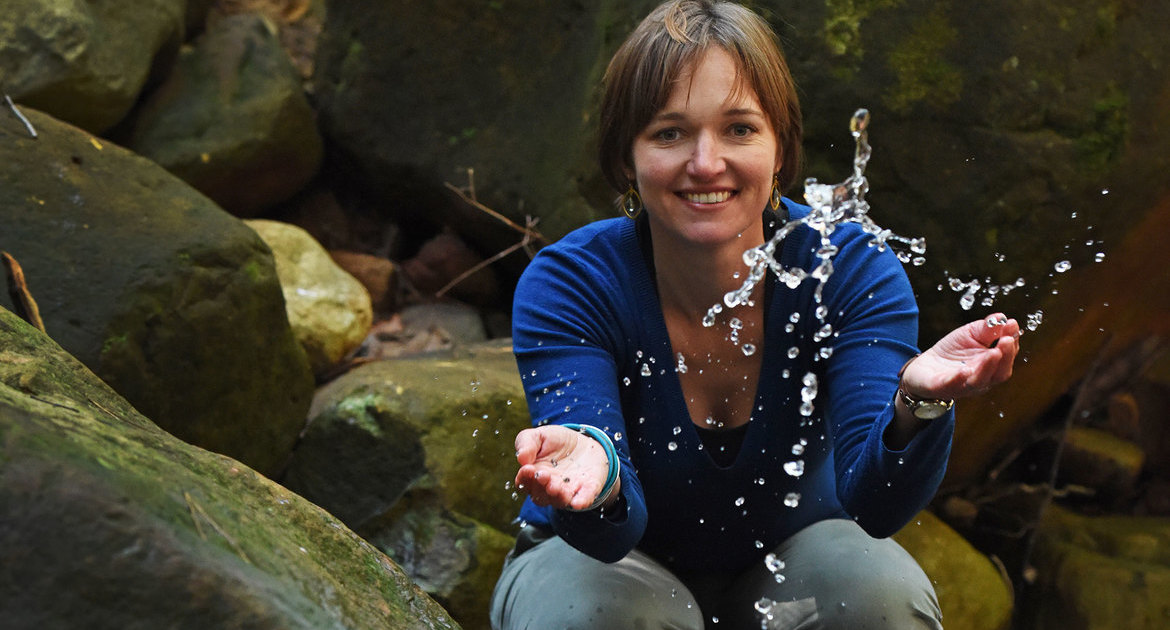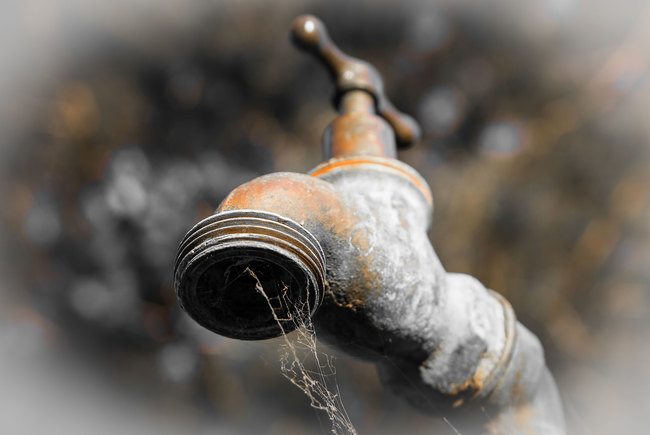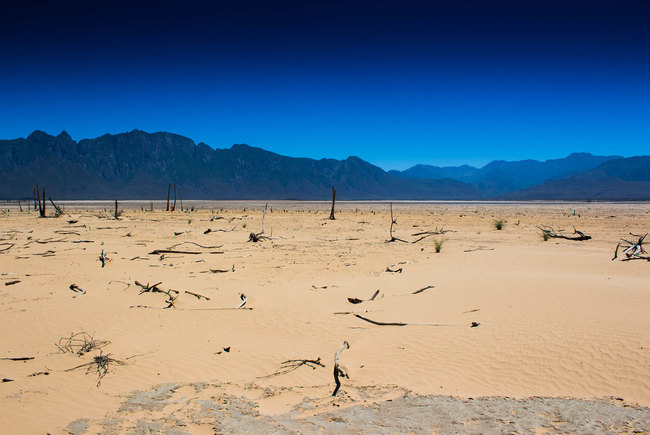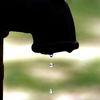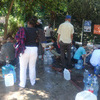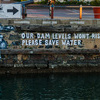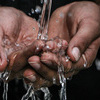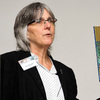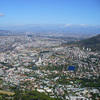Fish stock assessment
27 November 2017 | Story Pete van der Woude. Photo Lakshmi Sawitri via Flickr.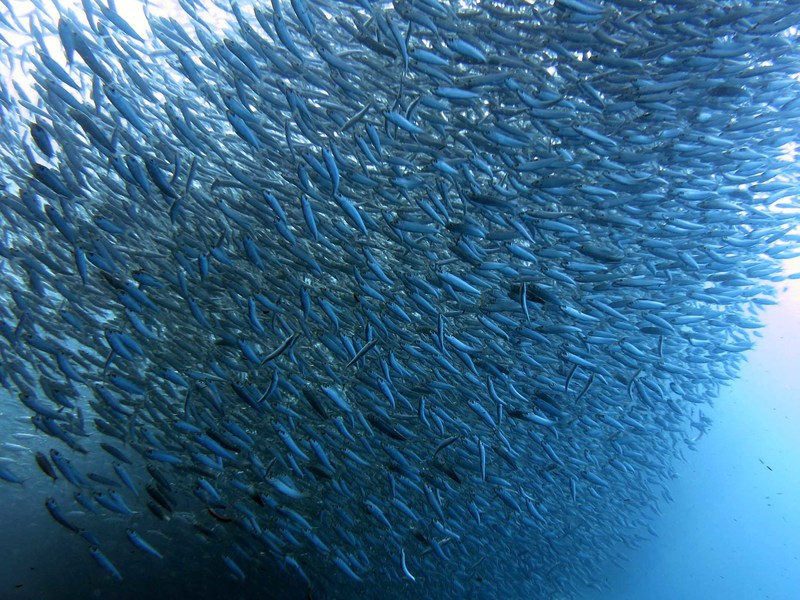
The annual International Stock Assessment Workshop, funded by the National Research Foundation and the Department of Agriculture, Forestry and Fisheries, will be taking place at UCT from 27 November to 1 December.
The workshop will review aspects of the following species: South African hake, sardine, West Coast rock lobster, South Coast rock lobster and major linefish species.
This year, the four scientists who have been invited to comprise the international review panel are Sean Cox (Canada), Malcolm Haddon (Australia), Daniel Howell (Norway) and Andre Punt (USA).
While the discussions will be at a fairly high technical level, the international review panel will provide a summary of their recommendations, and will open for questions, on 1 December at 15:30 in room M304 of the UCT Mathematics Building.
If you wish to attend, please RSVP to Di Loureiro (and copy in Doug Butterworth and Candysse Vrancken) indicating the topics you would like to attend. This is not necessary if you will be attending the final Friday summary only.
Read documents for background and discussion...
 This work is licensed under a Creative Commons Attribution-NoDerivatives 4.0 International License.
This work is licensed under a Creative Commons Attribution-NoDerivatives 4.0 International License.
Please view the republishing articles page for more information.
Cape Town water crisis
At UCT our researchers have been analysing the causes of the current drought, monitoring water usage on campus and in the city, and looking for ways to save water while there is still time. As part of UCT’s water-saving campaign, all members of the campus community are encouraged to reduce their water use by half, which will help Cape Town to meet its water-use goals and ensure a water-sustainable university in the future.












